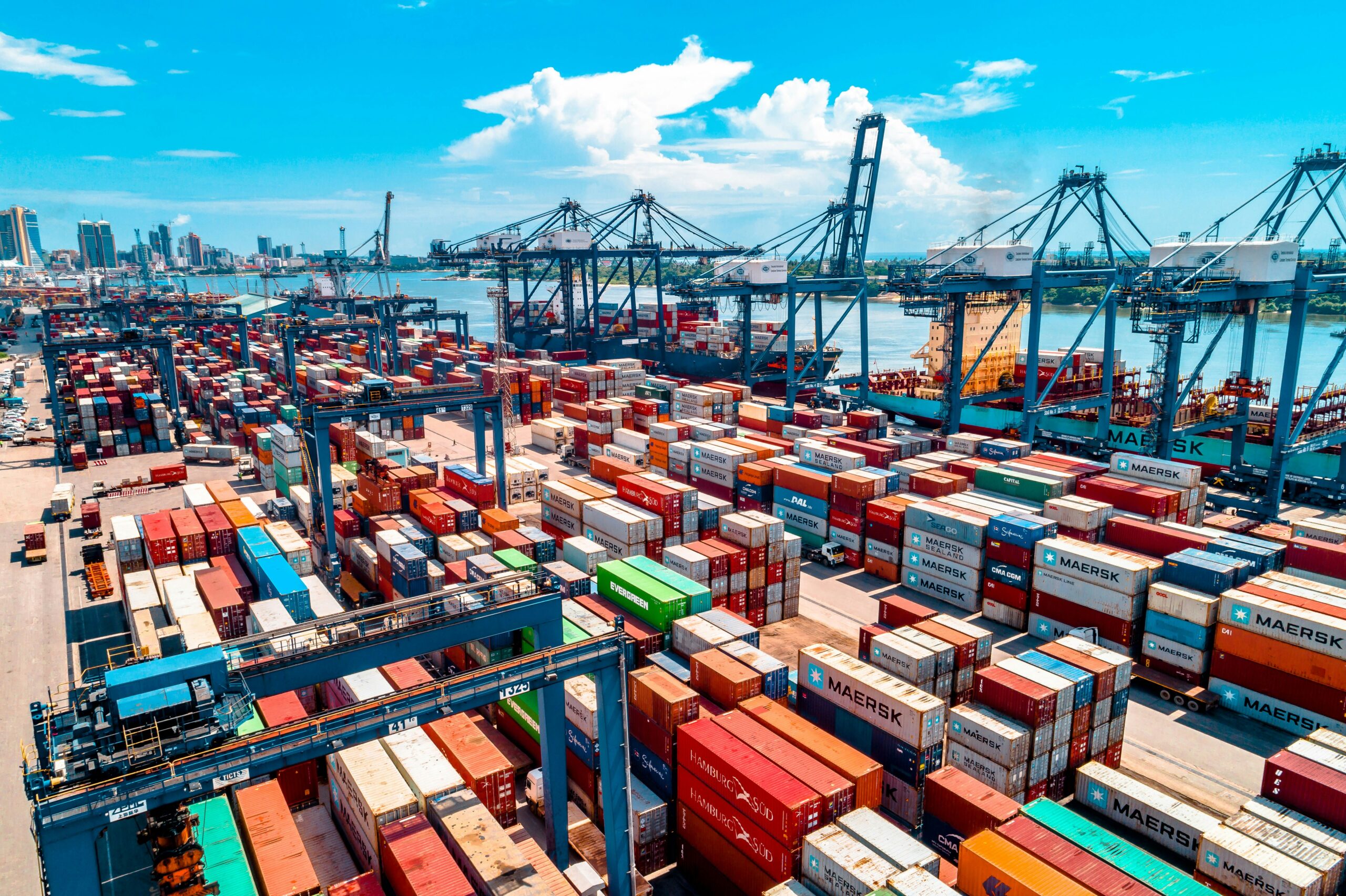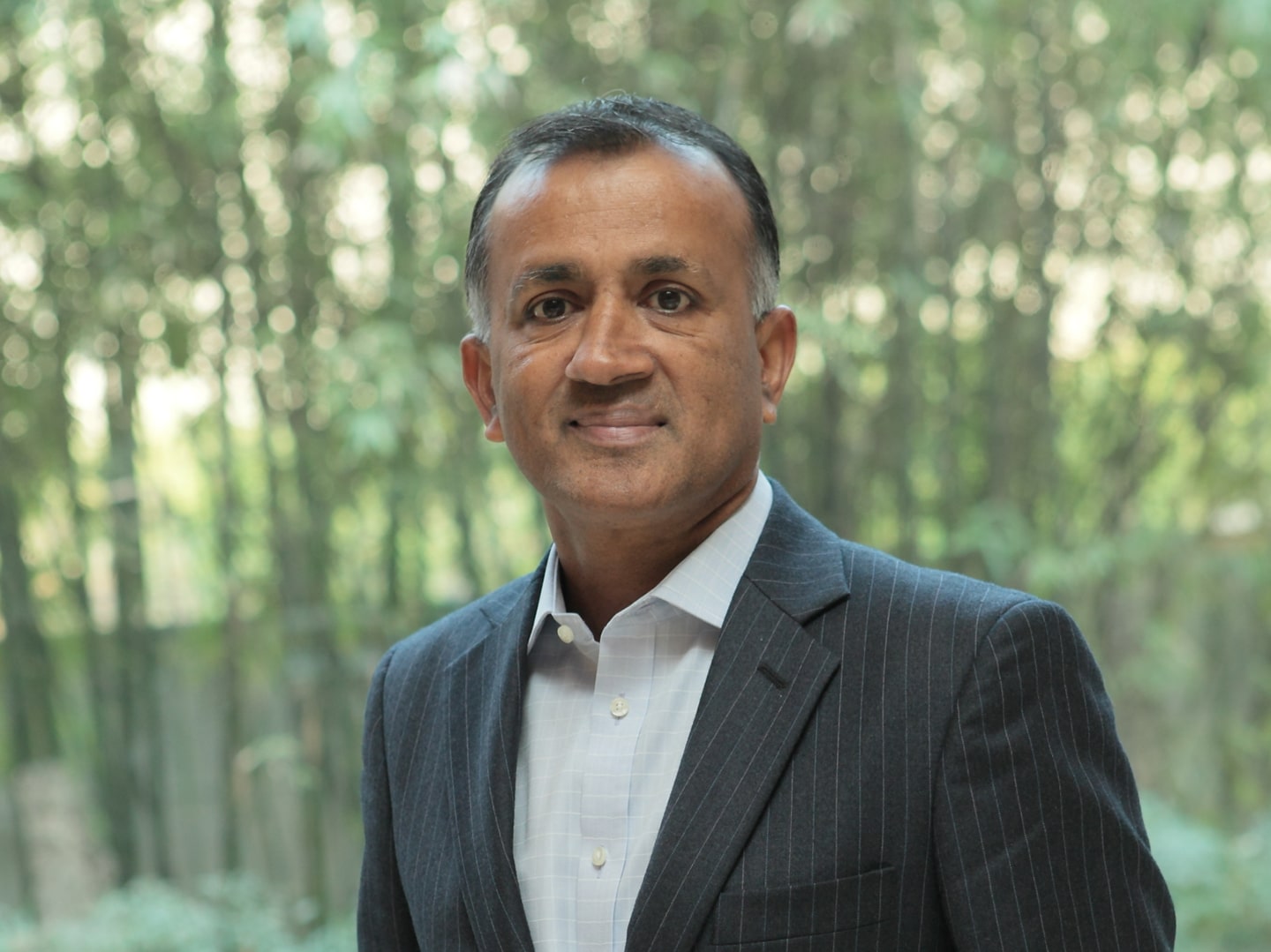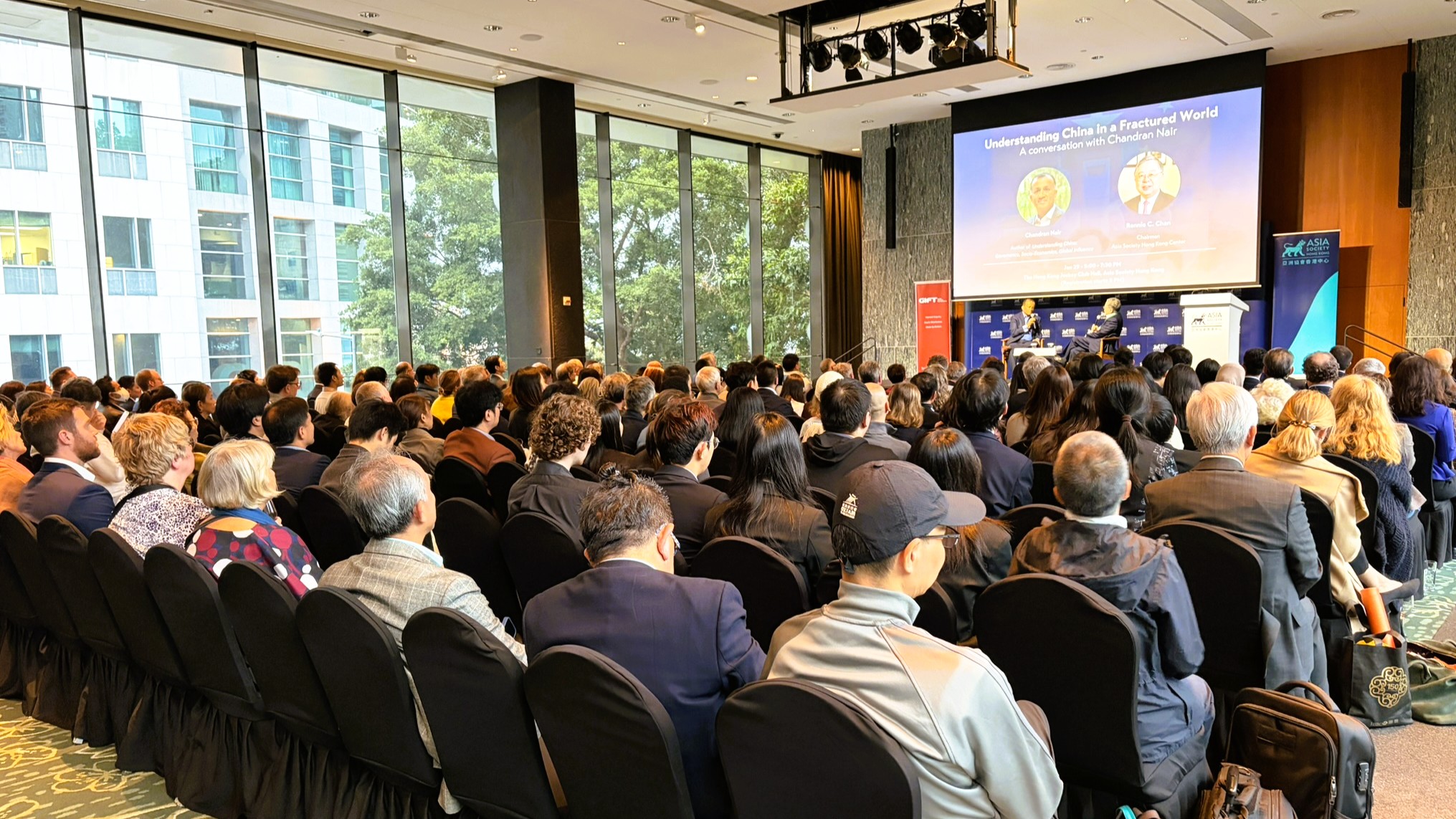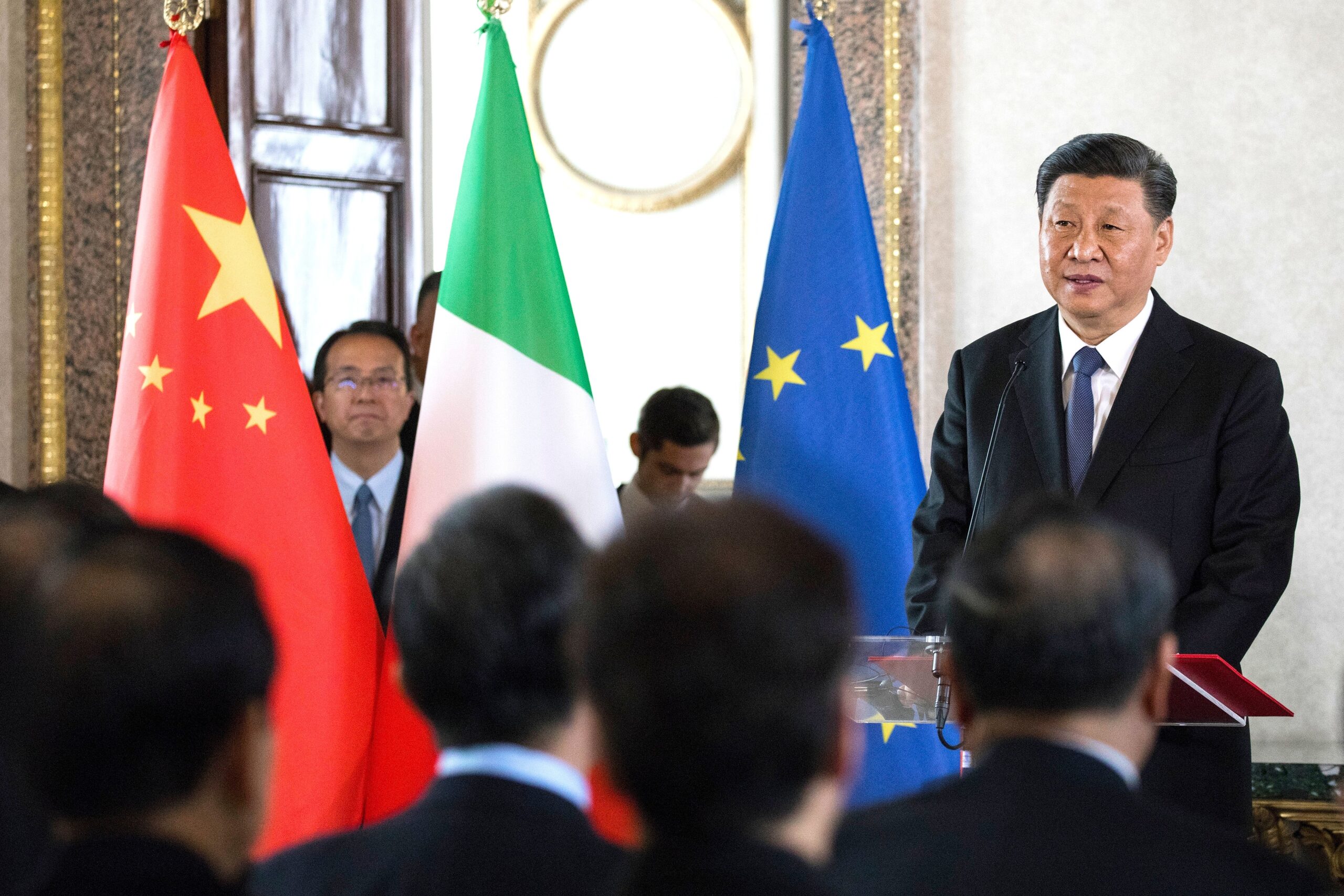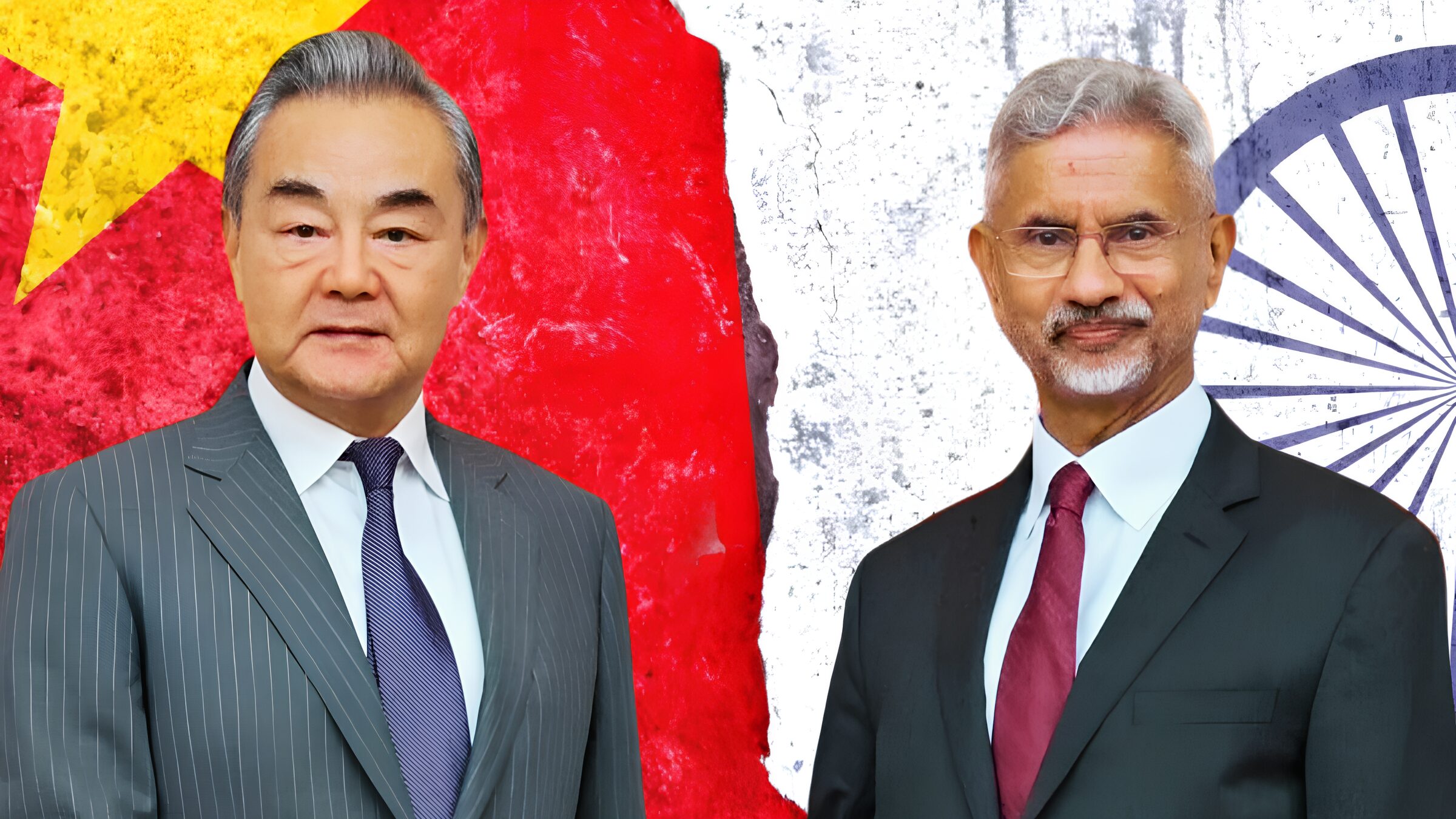Why revisit the Belt and Road Initiative (BRI) 12 years after its birth in 2013?
Because global development is no longer a linear, unipolar story. Today, it is a contested space shaped by shifting power dynamics, economic fragmentation, and the urgent need for people-to-people diplomacy. With BRI now impacting 75% of the world’s population and representing half of the global GDP, the question is no longer whether it matters, but how it evolves.
On Thursday this week, nearly 700 participants from over 40 countries joined a timely virtual conference, “One Belt One Road: What’s Next in the New Multi-Polar World Order?” to reflect on BRI’s impact and future, 12 years on. In a world fractured by ideological divides, this conference sought answers to the following questions: Has BRI fulfilled its promise? What tensions has it triggered between incumbent powers and emerging multipolar forces? How does it shape the future of global development?
True development must be inclusive, empowering individuals with opportunities to contribute, earn, and thrive.
“
Here are a few salient points from the conference’s spirited discussion:
1. Infrastructure, despite its financing gaps, must be green and inclusive to contribute to development
The conference reminded everyone that infrastructure is the foundation of economic development, especially in Asia and Africa. Professor Yong Wang (Deputy Dean, Institute of New Structural Economics, Peking University) echoed this as he elaborated on China’s five pillars of cooperation, connectivity, policy, trade, finance, and culture, and emphasised that China’s strategy centers on one word: jobs. It was inferred that true development must be inclusive, empowering individuals with opportunities to contribute, earn, and thrive.
On this subject, robust insights on the extent and prevalence of global infrastructure financing gaps were surprising. Mukhtar Hussain (Former HSBC Group General Manager and Regional Head of Belt & Road Initiative for HSBC Asia Pacific), while aptly praising BRIs ability to mobilise capital quickly, warned the global audience against seeing finance as a finish line and echoed Professor Wang’s statements when saying that true development demands diversified, inclusive financial strategies that go beyond just capital injection. The need for keeping green infrastructure in mind was highlighted as Professor Zeying Wu (Research Assistant Professor at Lingnan University) explored BRI’s evolution toward green governance, calling for the need for local engagement and capacity-building.
2. In geopolitics, narratives matter and silence can be costly.
It was important to highlight BRIs potential to empower Asian and African economies through resource-leveraged growth. But countries must also be warned of geopolitical interference that undermines local agency and long-term progress. Especially- as Hussein Askary (Founding Board Member and Vice-President of the Belt and Road Institute in Sweden) pointed- in countries like Iraq. When it came to discussing geopolitics, several incumbent theories were challenged. One among them was the “debt trap” narrative of the BRI, which was openly debunked by Professor Efem Ubi (Director of Studies, Nigerian Institute of International Affairs), who rightly called it an insult to African nations. Calls were made for industrialisation and value-added production in Africa, urging strategic engagement with China that respects Africa’s ambitions, not just its resources. On the topic of key partners, BRI’s role in transforming Pakistan’s energy landscape and attracting investment was celebrated. Yet, in a perfectly nuanced manner, Mustafa Hyder Sayed (Executive Director, Pakistan-China Institute) critiqued China’s lack of a proactive communication strategy, warning that without the proper telling of its story misinformation thrives, given the geo-political contest with Western powers and the global influence of Western media.
3. Partnerships must be real, not rhetorical.
The conference was eloquently closed by Professor Rana Mitter (ST Lee Chair in US-Asia Relations at the Harvard Kennedy School) with a call for sincere and mutually beneficial partnerships, while spotlighting emerging challenges: AI-driven job displacement, energy transitions, and the decentralisation of scientific capacity. His message was clear- cooperation must move beyond words to action.
I would like to thank our distinguished speakers for contributing their time and insights: Professor Rana Mitter, Professor Yong Wang, Mustafa Hyder Sayed, Professor Efem N. Ubi, PhD, Mukhtar Hussain, Hussein Askary, and Professor Zeying Wu.
Special thanks to Ali Borhani (Managing Director of 3Sixty Strategic Advisors Ltd, and Co-Founder & Co-Host of BRI Dialogues), for his expert moderation for the second panel.
Curious about what informed the experts’ views? Dive deeper into the details behind their statements by watching the “One Belt One Road: What’s Next in the New Multi-Polar World Order?”.
Chandran Nair
Chandran is the Founder and CEO of the Global Institute For Tomorrow (GIFT), a pan-Asian think tank dedicated to helping organisations navigate global complexities. His work focuses on the shift of economic and political influence to Asia, the evolving role of business in society, and the transformation of global capitalism.


